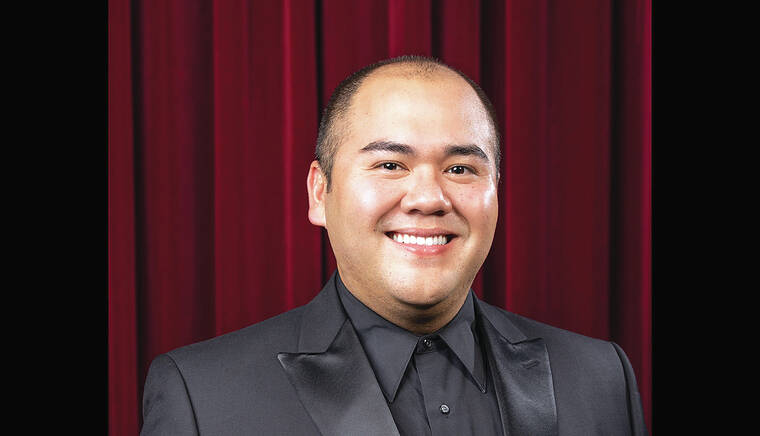Bill would change how corporation counsel is selected
County Council members are divided about a proposed change to how the county’s legal advisers are appointed.
County Council members are divided about a proposed change to how the county’s legal advisers are appointed.
Under current statutes, the county corporation counsel, who provides guidance and represents county agencies and officers in legal affairs, is appointed by the mayor and confirmed by the council. The mayor similarly can choose to have the counsel removed, with the council also confirming that removal.
But two council members have proposed making the council the sole appointing authority for the position, a move that left some of their fellows excited and others skeptical during a Tuesday meeting of the council’s Committee on Governmental Operations and External Affairs.
Bill 160, jointly introduced by Kona Councilman Holeka Inaba and Puna Councilwoman Ashley Kierkiewicz, otherwise would make few other changes to how the corporation counsel operates, save for the introduction of a six-year term limit. Currently, the counsel’s term ends when the mayor’s does.
The language of the bill was largely taken from the county’s process for selecting a county auditor, Inaba said.
Inaba emphasized that the proposal was not motivated by any particular concerns with the current corporation counsel, Elizabeth Strance, but was an effort to make more aspects of county governance beholden to county voters.
“Essentially, it’s to give voice to more folks, to get a corporation counsel that isn’t initially nominated by one person,” Inaba said Tuesday.
“In my opinion, it always feels as if the corporation counsel is beholden to the executive branch,” Kierkiewicz said. “I think (this bill) would provide a more balanced governance structure and would help depoliticize the process. So often these appointments have political influence, so as much as possible, we’re trying to remove that from the situation and ensure that selections are based on qualifications, experience and commitment to serving the county’s best interest.”
The proposal received some support from other council members. Hilo Councilwoman Sue Lee Loy said she appreciated the idea of finding a “fresh approach” for appointing a new counsel, and added that that she has always felt that the County Council needs somebody who is able to advise the body more directly on the finer points of the law.
Others were less enthused. Hamakua Councilwoman Heather Kimball was wary of the bill, asking Inaba and Kierkiewicz, “What problem are you trying to solve here?”
Kimball said that some of the concerns motivating the measure already are addressed in county statutes. For example, because current law requires the counsel be an attorney in good standing and licensed to practice law in Hawaii for at least five years — requirements that would be unchanged by the bill — Kimball said any candidates are beholden to professional codes of conduct that already prohibit politically motivated legal guidance.
She added that the position of corporation counsel serves a different purpose from the county auditor, with duties and responsibilities that are beyond the scope of the council’s authority.
However, one of the biggest detractors of the proposal was the corporation counsel herself.
“I question whether (the council) is really in a position to supervise the performance of the corporation counsel in a manner that would give it the ability to make informed choices about hiring or firing,” Strance said Tuesday. “To adopt something like this would be unprecedented, at least in this state.” The Department of the Corporation Counsel’s Counseling and Drafting Division opened 5,370 requests for legal guidance between July of last year and April, Strance said. Requests by or related to the County Council made up only 338 of those cases.
“In terms of there being an impression that we do more work for the executive branch, that’s exactly true,” Strance said. “Most of our work requests come from there, and that’s because (the council) is one body of nine people, but there are over 20 different departments and a lot more boards and commissions.”
Strance went on to say that there are other means of giving a greater voice to voters, or granting more legal guidance to the council, without requiring such a procedural shakeup.
“It would be very difficult for me to support this legislation,” Strance said. “I haven’t found any legal authority that says you can’t, so I’m not here to tell you it’s illegal. But I am here to tell you that, from the work that we do, it would be a very awkward fit.”
Acknowledging the concerns, Inaba said he and Kierkiewicz will make “substantial amendments” to the bill, which he postponed until the committee’s June meeting date.
Email Michael Brestovansky at mbrestovansky@hawaiitribune-herald.com.




